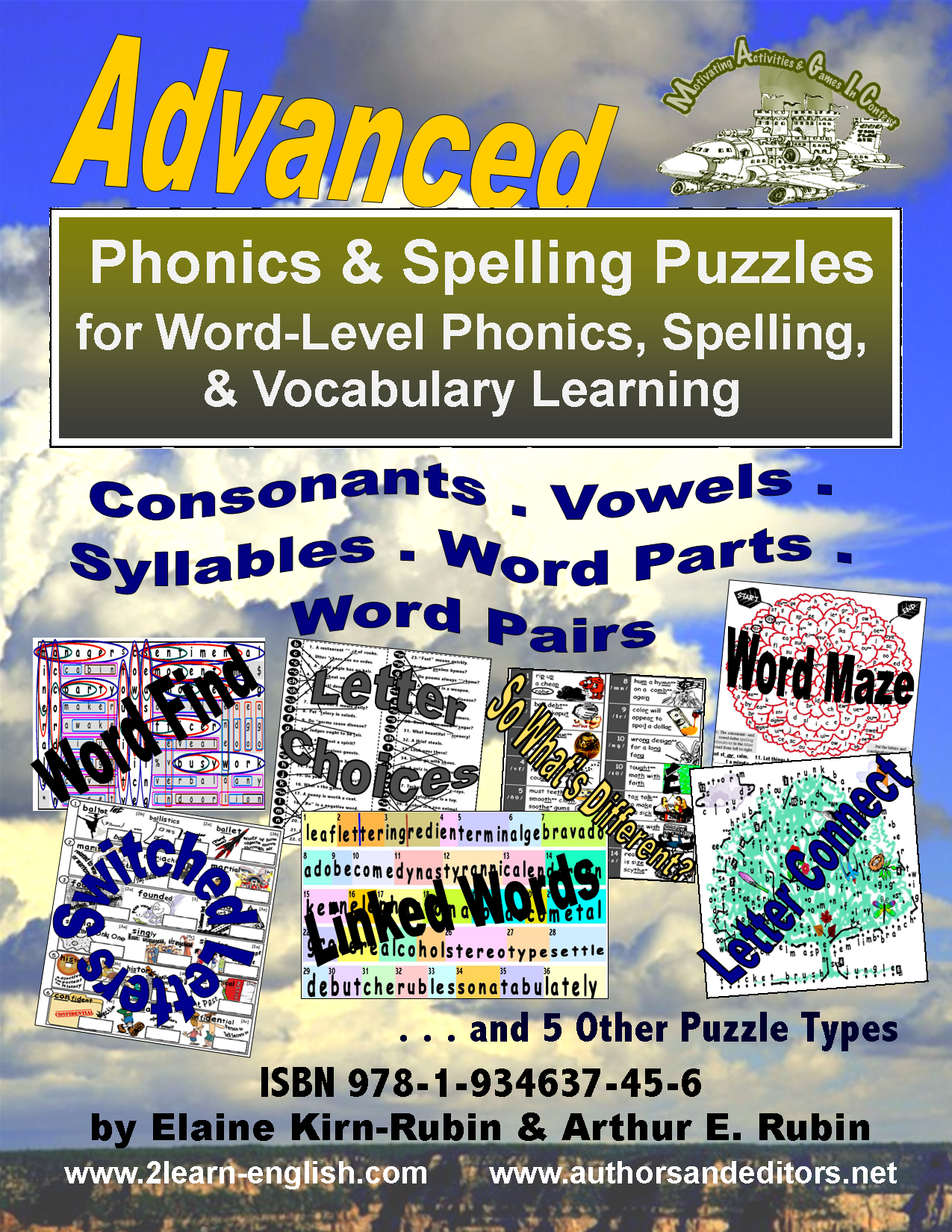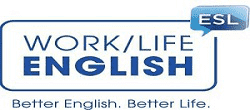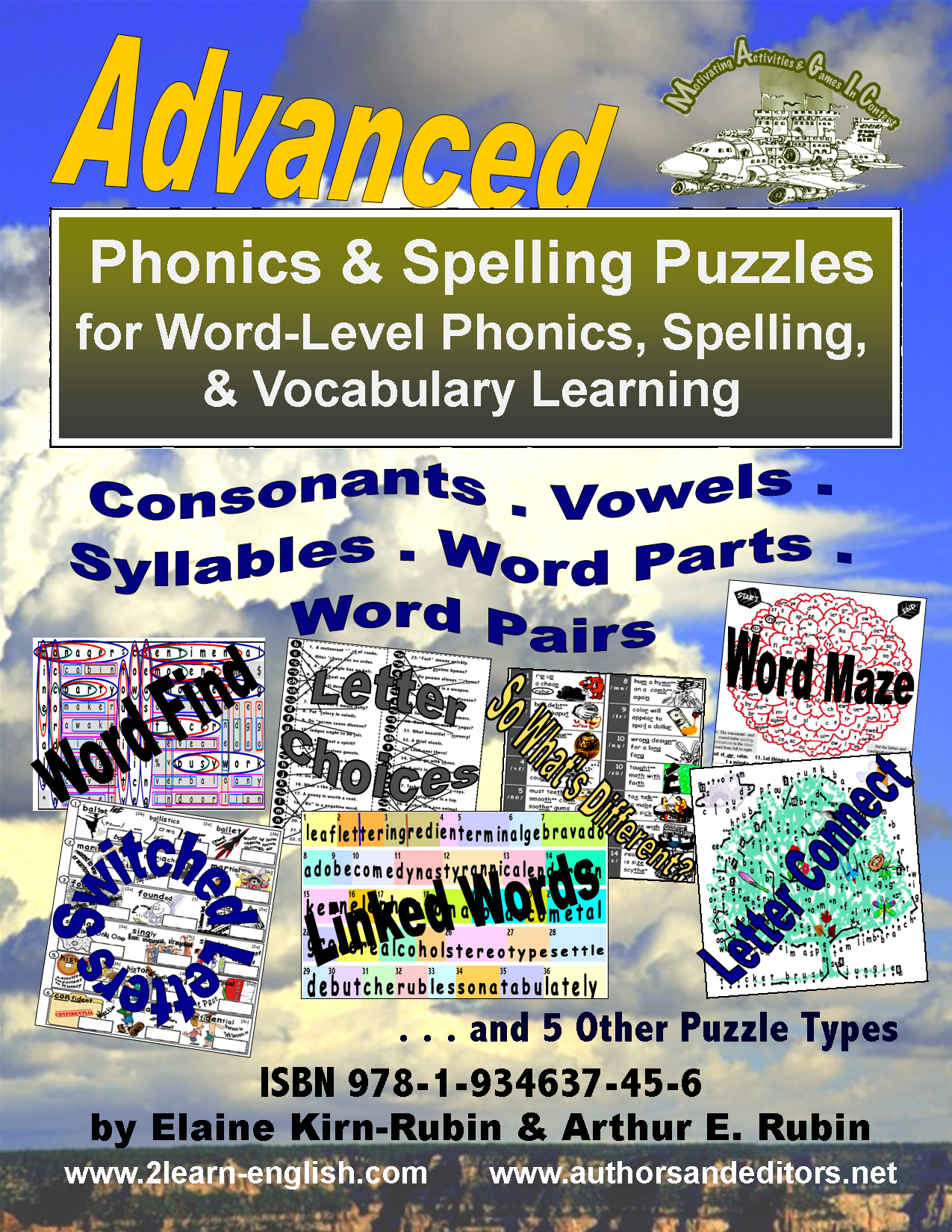2LEARN-ENGLISH
B-08d Advanced Phonics & Spelling Puzzles
B-08d Advanced Phonics & Spelling Puzzles
Description:
This resource covers a wide range of language elements, including consonant and vowel sounds, syllables, word parts, and word pairs. The puzzles are designed to challenge and inspire learners, making complex word study less intimidating. With a diverse variety of puzzle formats, this resource keeps learners motivated and engaged while promoting achievement and success in language proficiency.
Key Components:
- Ten (10) pages of "Everything to Know Now" pedagogy, covering consonant and vowel sounds, syllable rimes, word parts, and word pairs and groups.
- 60 word puzzles of unique and complex formats, accompanied by Side Bars summarizing key learning points and additional challenge suggestions.
- 26 pages of visual Puzzle Solutions with Advanced Teaching Notes for comprehensive learning.
- Eleven (11) pages of Word Lists, extra reference pages for Word Pairs & Groups, and instructions for Bonus Vocabulary Activities & Games.
Pages:
136 pages
Who They're For:
- Secondary students seeking to reinforce their understanding of phonics and vocabulary.
- Young adults and adult learners eager to enhance their language proficiency.
- Educators and language instructors looking for comprehensive and stimulating teaching materials.
What They Are:
Ten (10) pages of "Everything to Know Now" pedagogy on Consonant & Vowel Sounds & Letters as they apply to the reading of regular to exceptional spellings in one- and multi-syllable words; Syllable Rimes; Word Parts (Prefixes, Suffixes, Roots, elements of Compounds); and Word Pairs & Groups (Homographs, Homophones, Similar Words); 60 word puzzles ranging from just interesting to quite challenging--all with Side Bars summarizing relevant learning points; suggestions for steps that offer additional challenge; 26 pages of answers shown in visual Solutions with Advanced Teaching Notes; 11 pages of Word Lists; extra reference pages for Word Pairs & Groups; instructions for Bonus Vocabulary Activities & Games
Why You Need Them:
Learning "all there is to know" about systems of American-English phonics, spelling, and vocabulary can be a daunting, stressful undertaking. Although printed or downloaded materials can't guarantee mastery, they can certainly be of help. So can the satisfaction puzzle-solvers derive from "getting through" puzzles of unique, complex-looking formats, from comparing their work to Puzzle Solutions, from seeing how much they already know by perusing long reference lists, and from doing their own relevant language-learning research.
What They'll Do:
Present not only patterns and rules, but also anything else there is to know about the targeted content--in compact, jam-packed layouts that waste no space or verbiage--to be reviewed or learned, examined, noted, and/or put aside by language learners to return to whenever convenient or relevant.
Reinforce and go beyond previous mastery in these areas of interest:
- Consonant Sounds & Letters (Initial, Final, in Combination • Vowel Sounds & Letters (Simple, Complex, All) • Syllables (Closed, Open, in Multi-Syllable Words • Word Parts (Prefixes & Suffixes, Word Roots, Compounds) • Word Pairs & Groups (Homographs, Homophones, Similar Words) . . .
Make details of complex word study less intimidating or demanding by displaying pieces of useful knowledge among the stimulating clutter of unique page designs likely to inspire curiosity (at least) and/or action (at best). There's a surprising, ever-changing variety of puzzle formats among these generic types:
- Word Find • Criss-Cross • Linked Words • Letter Choices • Word Maze • Switched Letters • So What's Different? • Meaning Categories • Letter Connect • Letter Jumble • Letter Blocks • Rebus Crossword
Engage, involve, motivate, entertain, inspire curiosity, facilitate active learning, lead to achievement and success, and more!
Couldn't load pickup availability


